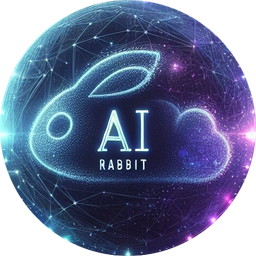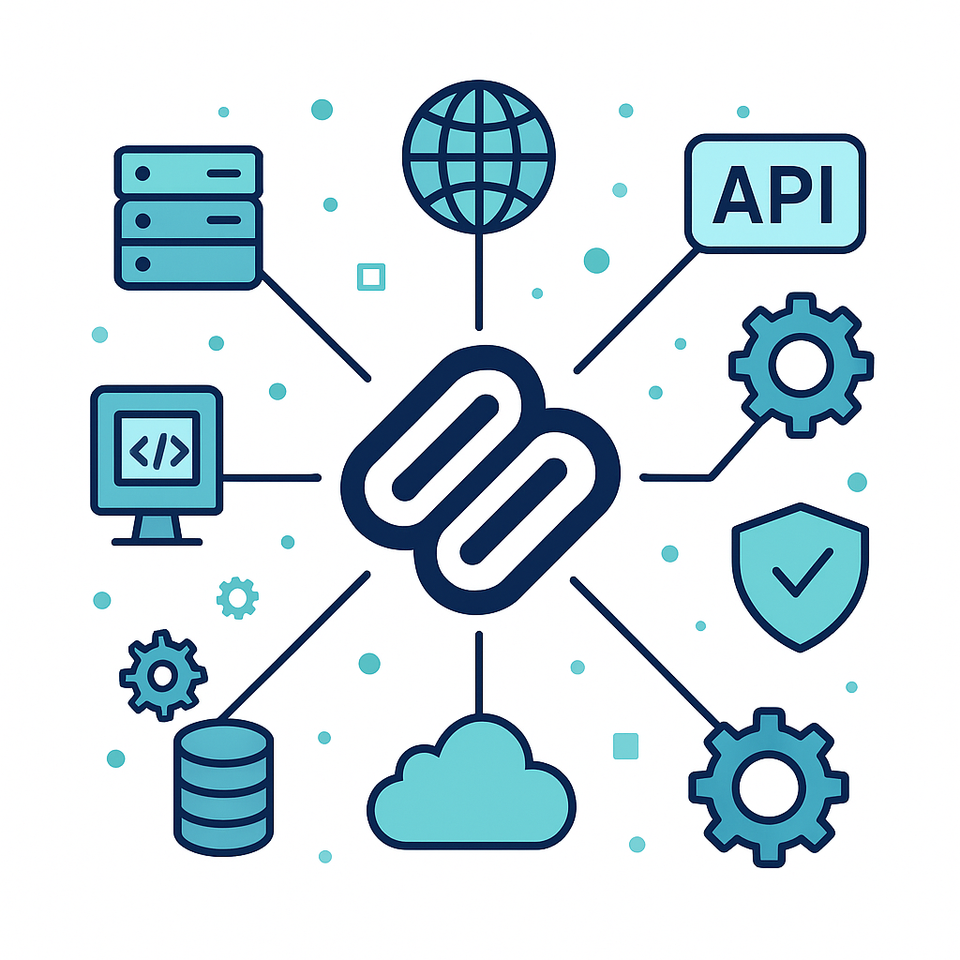Four most common problems with AI code assistants and how to avoid them
Unlock your productivity with AI code assistants like Cline! However, pitfalls like bugs and cost inefficiencies can arise without proper strategies. Discover key solutions, from mastering Git for version control to implementing thorough testing and clear coding guidelines, ensuring you harness t...

AI code assistants like Cline (formerly Claude-Dev) can supercharge your productivity. But without the right strategies, they might also introduce expensive errors and churn out low-quality code. Below, we delve into the core pillars that help mitigate common issues in AI-assisted code generation. Each pillar is presented in a problem-solution format, drawing on best practices we've previously discussed.
For a more comprehensive guide, feel free to revisit my earlier post.

Let's dive into it
Problem #1: AI-Generated Code Can Introduce Bugs and Errors
Solution: Leverage Version Control with Git
AI assistants can sometimes generate code that disrupts existing functionality or brings new bugs into your project.
- Master Git Usage: Commit your changes early and often. After implementing any feature or significant change, make sure to commit your code.
- Effortless Rollbacks: If the AI introduces bugs, you can easily revert to a previous stable state without losing substantial work.
- Track Changes Effectively: Identify exactly where problems were introduced by comparing different commits.
Problem #2: AI-Generated Code Can Cause Regressions
Solution: Implement Thorough Testing
AI might unintentionally reintroduce old bugs or create new ones that affect previously working features.
- Write Unit Tests:
- Start with Tests: Before adding new features, create unit tests for existing code to ensure current functionality remains intact.
- Continuous Testing: Run tests regularly after AI-generated changes to catch regressions early.
- Automated Testing:
- Use Testing Frameworks: Implement automated testing using frameworks like Jest for JavaScript or PyTest for Python.
- Integrate into Workflow: Make testing a seamless part of your development pipeline to enforce code quality consistently.
Problem #3: AI Code Generation Can Be Time-Consuming and Costly
Solution: Refactor Code and Keep It Modular
AI assistants might produce large, monolithic blocks of code, increasing processing time and costs due to higher token usage.
- Refactor Regularly:
- Promote Modularity: Encourage the AI to write modular code with separate functions and classes.
- Split Large Files: Divide large files into smaller, manageable pieces to improve readability and maintainability.
- Optimize Token Usage:
- Be Specific in Instructions: Clear instructions help reduce unnecessary code generation.
- Leverage Caching: Use AI models that support caching to minimize token usage and reduce costs.
Problem #4: AI Can Produce Poor Quality or Unclear Code
Solution: Provide Clear Guidelines and Instructions
Without explicit guidance, AI may produce substandard code that doesn't meet your project's standards.
- Establish Coding Guidelines:
- Document Standards: Create a style guide specifying code conventions, architectural patterns, and best practices.
- Share with AI: Include these standards in your instructions so the AI can adhere to them.
- Craft Clear and Specific Prompts:
- Avoid Ambiguity: Be precise about what you want the AI to do, specifying technologies, frameworks, and any constraints.
- Limit Scope: Instruct the AI to focus only on specific parts of the code to avoid unintended changes.
By tackling these common issues with targeted solutions—as detailed in our earlier discussions—you can effectively leverage AI code assistants to generate high-quality code efficiently and cost-effectively.





